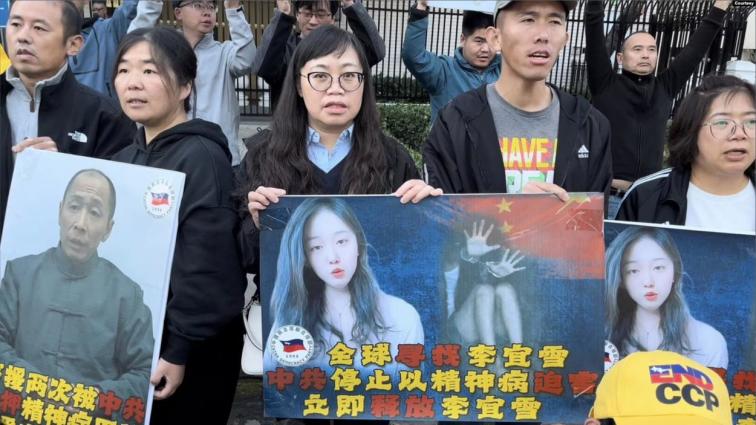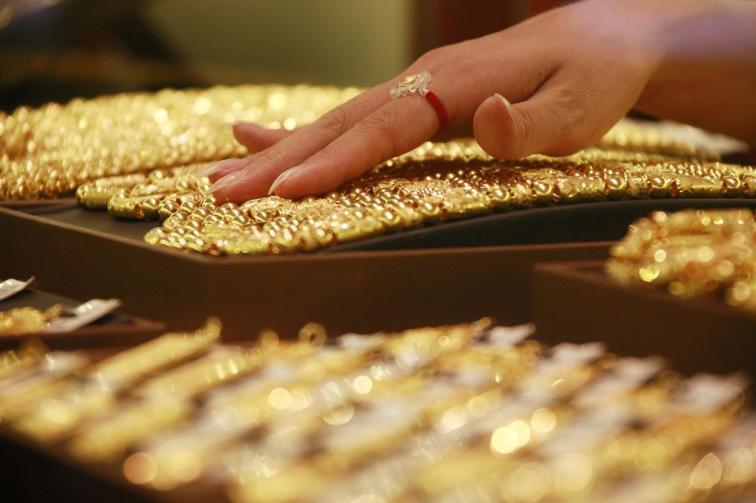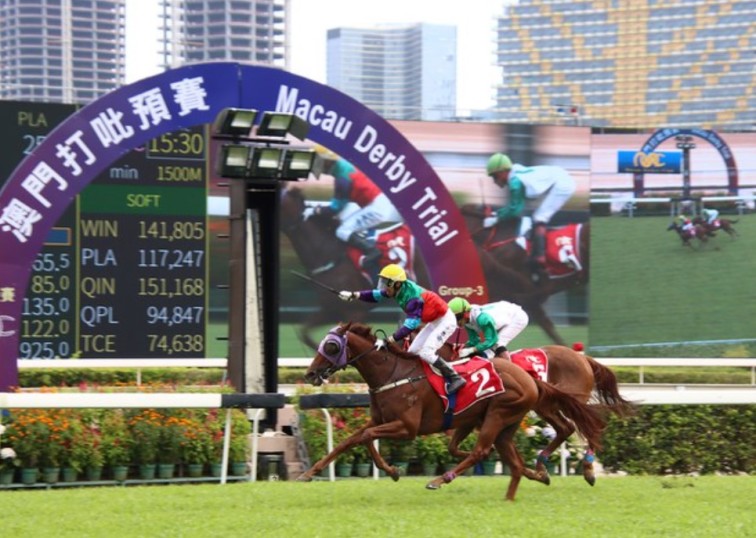The last image of the "Iron Plate Diagram" (Image: Zhenjian Network)
People News - According to a report from People News, Chinese financial influencer and chief economist at Zhongyuan Bank, Ren Zeping, posted on his personal Weibo account on December 24th the "Luntai Edict" issued by Emperor Wu of Han in 89 BC: "Since my reign began, my actions have been reckless and defiant, causing suffering throughout the world, and this cannot be undone. From now on, any actions that harm the people or waste the nation's resources should be abolished."
This post immediately went viral and sparked widespread discussion, with many netizens believing the message was aimed at Xi Jinping.
However, when checking Ren Zeping's Weibo, the post was no longer visible, and his account displayed a message stating "This user is currently silenced due to violations of relevant laws and regulations," which indirectly confirmed the suspicions of netizens.
In ancient China, there was a tradition that when the nation suffered severe natural disasters, or when the ruling court made significant errors, or when the regime faced a serious crisis, the emperor would issue a "self-criticism edict" (zui ji zhao), publicly acknowledging their mistakes. Why did the emperor need to apologize even for natural disasters? This was because emperors were believed to be appointed by heaven. If an emperor violated the will of heaven, natural disasters or other anomalies were seen as warnings from the heavens, necessitating the emperor to issue the self-criticism edict in hopes of receiving forgiveness from above.
According to Dr. Xiao Han, a Chinese legal scholar who analyzed the Twenty-Five Histories, a total of 79 emperors in Chinese history issued self-criticism edicts, with around 270 such documents recorded.
However, the highest leaders of the Chinese Communist Party (CCP) never issue self-criticism edicts. Mao Zedong said several times, "I will never issue a self-criticism edict."
Mao Zedong also stated, "No emperor who has issued a self-criticism edict has avoided the fall of their dynasty." This statement is inaccurate. Emperors such as Emperor Wen of Han, Emperor Wu of Han, Emperor Taizong of Tang, and Emperor Kangxi of Qing, all of whom are considered wise rulers, issued self-criticism edicts during prosperous times.
Why were past emperors allowed to issue self-criticism edicts, while today's CCP leaders never do so? This question highlights a significant difference between traditional imperial rule and modern Communist autocracy.
Under traditional imperial rule, the emperor's power was supreme. However, the emperor’s position was based on the myth of divine appointment. The emperor was not considered the embodiment of truth or the representative of the correct path. Emperors could make mistakes and be criticized, which allowed space for subjects to voice dissent. In contrast, a Communist leader is considered the embodiment of truth, the representative of the correct ideological line, and this is often enshrined in the party constitution and the national constitution. This means that any opinion differing from that of the leader is inherently wrong. Anyone who holds different political views is, by definition, anti-party and may be accused of subverting the government.
Additionally, under the imperial system, the emperor’s power came from mythology and hereditary succession. The boundaries between the emperor and his ministers were clear, and their positions could not be exchanged. Therefore, an emperor could admit mistakes, issue a self-criticism edict, and remain emperor. But a CCP leader’s position is interchangeable with that of their senior colleagues. A leader is placed in power because they are viewed as the embodiment of truth, meaning they cannot make mistakes. If they do, they are no longer the embodiment of truth, and thus, no longer fit to be the leader.
During the Lushan Conference, Peng Dehuai gave Mao Zedong advice. Whether Peng had subjective motives to seize power is debatable, but from Mao's perspective, he could not help but feel his authority was threatened. Mao directly accused Peng of "issuing a challenge." Mao’s logic was simple: if Peng was right and Mao was wrong, then why should Mao remain the leader instead of Peng?
In the case of the CCP, once a leader admits a mistake, they generally lose their position, as seen throughout CCP history from Chen Duxiu to Wang Ming, to Hua Guofeng. In fact, some leaders are forced to admit their errors after being removed by their own comrades. Zhao Ziyang is an exception, as he was removed but refused to admit his mistakes.
In conclusion, within the CCP, admitting mistakes is closely linked to losing one’s position. This is why many emperors in ancient China issued self-criticism edicts, while modern CCP leaders, including Xi Jinping, do not. This is why Xi Jinping fears being asked about the "self-criticism edict."
(From Radio Free Asia)











News magazine bootstrap themes!
I like this themes, fast loading and look profesional
Thank you Carlos!
You're welcome!
Please support me with give positive rating!
Yes Sure!